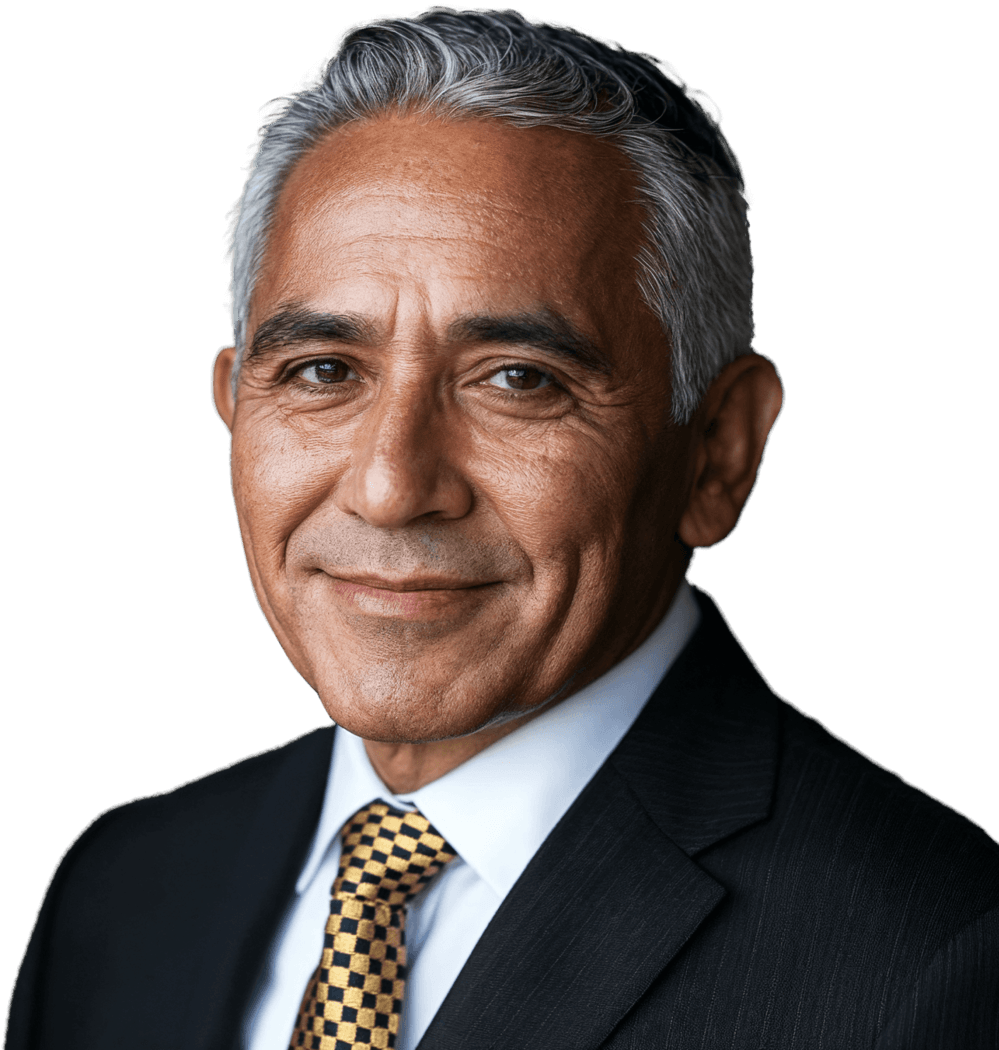Pave a path to positive impact
We are a global executive search and consulting firm leveraging diverse expertise to solve a variety of executive recruiting and people needs. With a strong commitment to service and long-term relationships, we achieve exceptional outcomes for our clients.
A legacy of leading the way
Through close collaboration and cross-sector expertise, we discover, develop and advise the right team at the right time.
Contact Us-
Executive Search
We offer a bespoke, results driven approach that includes market intelligence and insights. Together we develop a search strategy that drives results.
Learn More -
Consulting
We advise organizations with actionable advice across performance, culture, and strategy.
Learn More -
Convening
We bring people together to learn. We help drive positive change and impact through time spent together.
Learn More -
Board and Governance Advisory
We provide advice and counsel on board succession planning and performance in an environment of increasing scrutiny.
Learn More
Diversified Expertise across industries
Functional specialization and expertise
Attract and recruit inspiring executives of every background with exceptional talent and vision.








DSG Global
In addition to serving Fortune 500, mid-market, and private equity-backed companies through our Corporate practice, we also deliver niche expertise through our family of brands.
-
Nonprofit & Social Impact
Koya Partners has been placing transformational leaders in the Nonprofit and Social Impact sector for 20 years. Now under the DSG umbrella, Koya’s belief that the right person in the right place can change the world continues to guide their work with leading social impact organizations.
Learn More
-
Education
Defined by excellence and informed by experience, we provide the best value in the education market — because the costs of hiring the wrong leader and benefits of finding the right one are both enormous.
Learn More
-
Healthcare
Grant Cooper has spent over 60 years navigating the healthcare landscape. From academic medical centers to physician groups, children's hospitals and beyond, they know what it takes to provide the highest level care.
Learn More

Deliberately DIFFERENT
Fifty Years. Two Generations. Leading in a Changing World.
Deliberately Different is not your typical leadership book. It’s the story of two women from two generations, Judith M. von Seldeneck and Aileen K. Alexander who have been observing and placing top executives for decades.




















